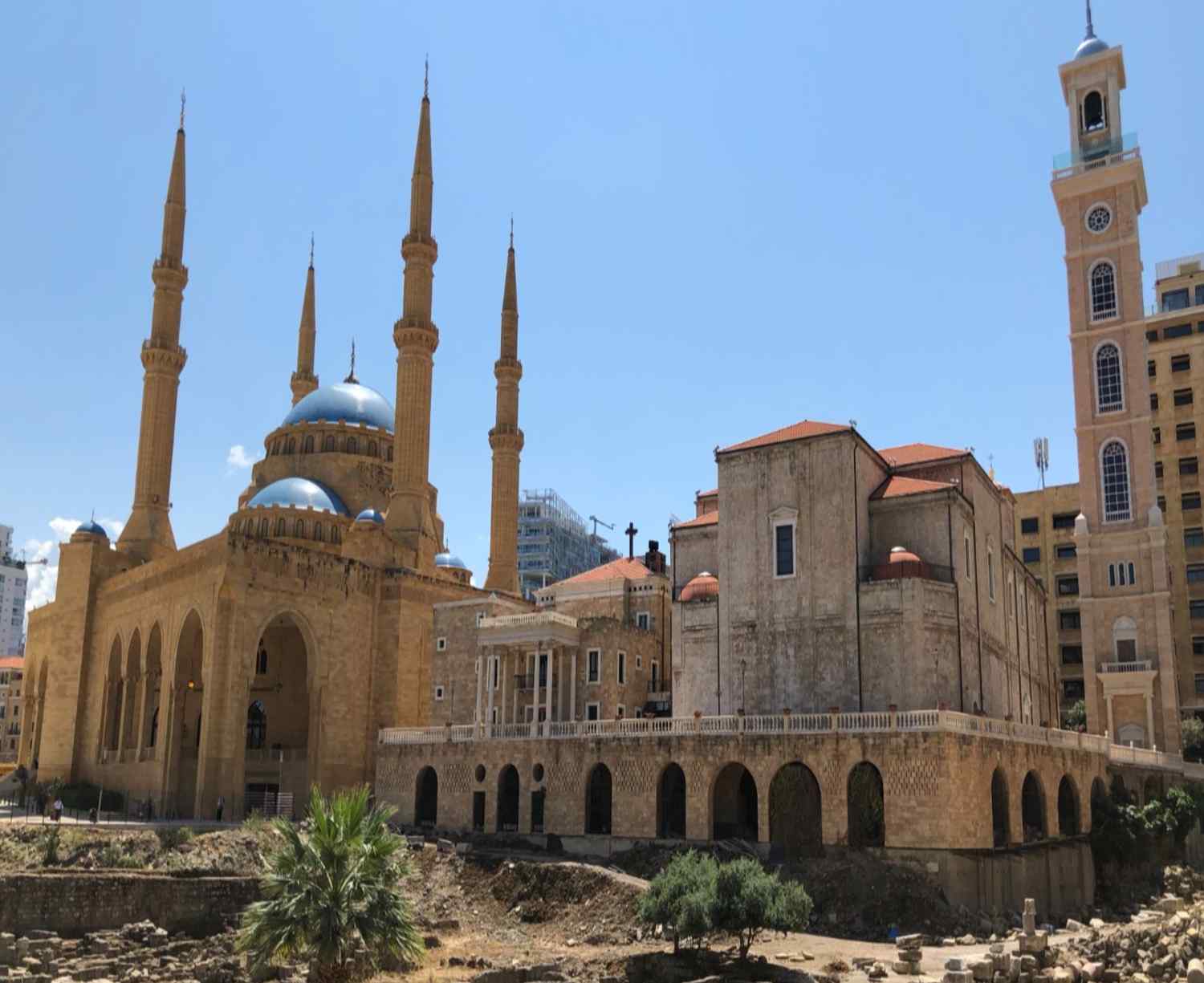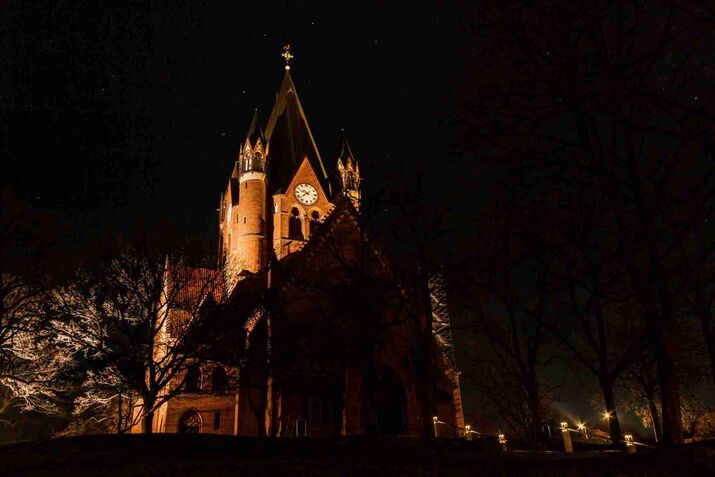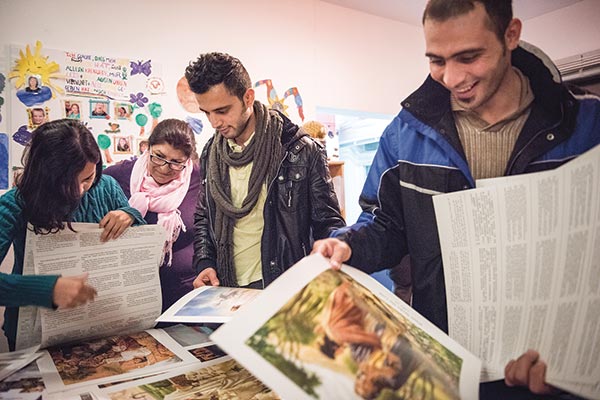A Faith That Would Not Fall: How Christianity Endured Lebanon’s Civil War
Amid war, displacement, and economic collapse, Lebanon’s Christians have carried a light that refuses to fade. Discover how faith, forged in the fires of civil war, continues to bring hope, healing, and redemption through the witness of believers across Lebanon today.

A Nation Between Worlds
Lebanon has long stood at the crossroads of civilizations — East and West, Christianity and Islam, conflict and coexistence. For centuries, it has been home to one of the most vibrant Christian communities in the Middle East. Yet that presence has been tested again and again by war, emigration, and political upheaval.
Through it all, one truth has remained: faith has endured. Forged in the crucible of civil war, Lebanon’s Christians have carried the light of hope through some of the darkest chapters of modern history.
Today, their story continues to unfold with compassion and a resilient faith that refuses to fade.
A Faith Rooted in History
Christianity in Lebanon dates back nearly two thousand years. The Apostle Paul is believed to have passed through the region, planting seeds of faith that would take deep root in its mountains. By the fifth century, the Maronite Church — now one of the largest Christian communities in Lebanon — had formed, anchoring the faith in this small but significant nation.
Through centuries of change and empire, Christians in Lebanon held their ground. They built monasteries in the mountains, schools in the valleys, and communities of prayer that became sanctuaries of both faith and identity.
By the mid-1900s, Lebanon stood out as the Middle East’s only nation with a Christian-majority population. Beirut was called the “Paris of the Middle East,” a place where faith, culture, and education flourished. But beneath the surface, the seeds of division were growing.
A Childhood Under Fire
When the Lebanese Civil War erupted in 1975, that flourishing came crashing down. For fifteen years, the nation tore itself apart along sectarian lines, leaving more than 150,000 dead and a million displaced.
For Nadim Costa, now president of NEO US, the war wasn’t a headline — it was home. He grew up in Beirut as a young Baptist boy amid gunfire and chaos. “We’d go to school in the morning and then the fighting started in the afternoon,” he recalls.
Faith became more than belief — it became survival.
“At first, I turned to Jesus because I didn’t want to go to hell,” Nadim admits. “But as I grew, I realized it wasn’t about fear. It was about love. About a relationship with a living God.”
In the middle of war, Nadim found not just protection, but purpose. His story mirrors thousands of others — men and women who discovered faith not as religion or ritual, but as a lifeline in the rubble.
Religion and Power
Lebanon’s political system has long intertwined faith with government.
The president must be a Maronite Christian, the prime minister a Sunni Muslim, and the speaker of parliament a Shi’a Muslim. Designed to protect diversity, this system also blurred the line between belief and politics.
“Religion became identity,” Nadim says. “It became about where you were born, not who you belonged to.”
That realization changed everything for him — and for many Lebanese Christians who began rediscovering faith as a relationship with God rather than a cultural inheritance. Out of this awakening rose a new generation of believers: humble, devoted, and determined to live out the Gospel in a nation still healing from its wounds.
Faith in the Rubble
Throughout the war, churches refused to close their doors. Pastors prayed by candlelight as bombs fell outside. Congregations sang hymns in basements turned into shelters.
Education became another form of faithfulness. Christian-founded schools and hospitals — like the American University of Beirut — served Muslims and Christians alike. Even in times of division, compassion crossed lines that politics could not.But the cost was high.
Decades of conflict and economic crisis drove hundreds of thousands of Lebanese Christians abroad. The diaspora now outnumbers the Christian population still in Lebanon. Yet what looked like loss became an unexpected kind of strength — believers around the world began lifting Lebanon in prayer, resourcing local ministries, and fueling missions across the region.
Faith That Rebuilds
Today, Lebanon stands in another kind of war — one against poverty, corruption, and despair. The 2020 Beirut port explosion devastated neighborhoods where Christian families had lived for generations. Economic collapse has left many struggling to survive.
And yet, faith remains vibrant. Discipleship movements are spreading quietly through homes, schools, and workplaces. Discovery Bible Studies allow believers to meet in small groups, read Scripture, and support one another in prayer.
Churches lead relief efforts, distribute food, and offer trauma care — not only to Christians, but to anyone in need. This is the face of Christianity in Lebanon today: humble, active, resilient.
The Witness of Resilience
The story of Lebanon’s Christians echoes the early church — a people refined by hardship, whose compassion became their most powerful testimony.
Nadim often says that Christianity in Lebanon has moved “from religion to relationship. Christianity isn’t about rituals,” he explains. “It’s about living with Jesus in your everyday life.”
This truth, born from suffering, has become Lebanon’s greatest witness to the world: A faith chosen, not inherited. Compassion as credibility. Resilience as worship.
A Story Still Being Written
From the mountain monasteries of the past to the house churches of today, the story of Christianity in Lebanon is far from over.
It is a story of survival and of grace that refuses to give up. As NEO continues to walk alongside the Lebanese church, we see this truth again and again: God’s light has never stopped shining in the shadows.
“He heals the brokenhearted and binds up their wounds.” — Psalm 147:3
The courage of Lebanon’s believers calls the global church to do the same — to choose faith not as comfort, but as courage; not as identity, but as love lived out in the midst of crisis.
Light is still breaking through the rubble. And the story of redemption in Lebanon continues.

.webp)

